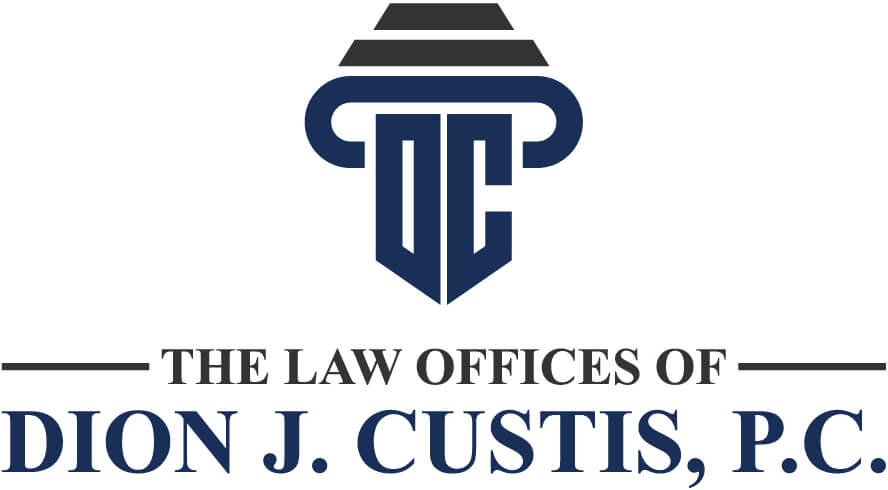Navigating the legal landscape surrounding sexual assault cases can be overwhelming and emotionally taxing. The Wyoming legal system takes these allegations very seriously, with severe consequences for those convicted. Understanding the intricacies and potential defenses involved in these cases is crucial to protecting your rights and reputation.
As experienced criminal defense attorneys, we are dedicated to providing comprehensive insight into the complexities of sexual assault cases in the state of Wyoming. In this article, we will discuss the various aspects involved in sexual assault cases, including the definition of sexual assault, the legal process, potential penalties, and possible defenses.
Wyoming law defines sexual assault as any nonconsensual sexual act, which can include a wide range of actions, from inappropriate touching to rape. These cases are particularly challenging because they often involve conflicting testimonies and evidence that is not always clear-cut. Additionally, many people are unaware of the intricacies surrounding consent, which can further complicate the situation.
After a sexual assault allegation is made, a thorough investigation will be conducted by law enforcement authorities. This can involve collecting evidence, interviewing witnesses, and taking statements from the accuser and the accused. Once the investigation is complete, the case may be referred to the county attorney’s office, which will decide whether to charge the person accused.
If charges are filed, the accused individual must navigate the legal process, which can be quite daunting. From arraignment and preliminary hearings to pretrial motions and negotiations, every step in the process requires careful attention and an in-depth understanding of the law. Depending on the severity of the charges and the specific circumstances of the case, the potential penalties can vary but may include prison time, fines, and mandatory registration as a sex offender.
It is crucial to have a strong defense strategy throughout the legal process. The potential defenses in sexual assault cases will depend on the unique circumstances, but common examples include consent, mistaken identity, or insufficient evidence.
In the face of such serious allegations, having an experienced and knowledgeable attorney’s assistance is essential. At the end of this informative article, discover how our dedicated team at Law Offices of Dion J. Custis, P.C. is committed to providing unwavering support and guidance to those facing sexual assault charges in Wyoming.
Defining Sexual Assault in Wyoming
Addressing the severity of sexual assault is fundamental, but to do so, it is essential to comprehend the various ways this crime may be legally defined. Under Wyoming law, sexual assault contains a range of actions, which can be classified as first-, second-, or third-degree sexual assault. While first-degree offenses involve nonconsensual penetration involving force or threats, second- and third-degree offenses encompass nonconsensual touching and other coercive acts. Each of these classifications is associated with distinct consequences and penalties, which raises the importance of understanding the specifics of your case.
The Legal Process: From Investigation to Trial
Upon receiving a sexual assault report, law enforcement will initiate an investigation. Authorities typically gather evidence, interview witnesses, and take statements from the accused and accuser. After completing the investigation, the case is referred to the county attorney’s office, who decides whether to proceed with charges.
1. Arraignment: Following the decision to charge, a hearing will be held within a few days, where the accused will plead guilty or not guilty. Should the accused plead not guilty, a trial will be scheduled.
2. Preliminary Hearing: Within 10 days of the arraignment, a preliminary hearing takes place before a judge, with the prosecution presenting evidence to demonstrate probable cause that a crime occurred.
3. Discovery: During this stage, the prosecution and defense share evidence and information pertaining to the case. This process enables both sides to prepare their respective strategies for trial.
4. Pretrial Motions and Negotiations: Before trial, both the prosecution and defense can file motions requesting certain evidence be admitted or excluded. Negotiations may occur, resulting in a plea agreement to resolve the case without trial.
5. Jury Trial: If no agreement is reached, the case proceeds to trial, where the prosecution and defense present their arguments and evidence before a jury. The jury then deliberates and decides guilt or innocence.
6. Sentencing: If the accused is found guilty, a sentencing hearing will be scheduled to determine the specific penalties, including fines, imprisonment, and possible restitution to the victim.
Potential Penalties for Sexual Assault Convictions
The consequences for sexual assault convictions will depend on the specific charges and the circumstances of the case. Generally, more severe charges correlate with harsher penalties. For example, first-degree sexual assault convictions may lead to a life sentence, while second- and third-degree convictions may result in lengthy prison terms, hefty fines, and mandatory sex offender registration. As sexual assault is considered a violent crime in Wyoming, the impact on the accused’s personal and professional life can be significant, underscoring the necessity of a vigorous defense.
Common Defenses in Sexual Assault Cases
The potential defenses in sexual assault cases will depend on the unique facts of the situation. However, the most common defenses include:
1. Consent: Arguing that the accuser provided consent for the sexual act is a possible defense. However, consent must be clear, voluntary, and unambiguous. A lack of protest or resistance is not considered consent under Wyoming law.
2. Mistaken Identity: Sometimes, a victim may mistakenly identify their attacker, leading to false accusations. Presenting evidence to prove an alibi or raise doubts about the victim’s account could be integral to a mistaken identity defense.
3. Insufficient Evidence: In cases where evidence is inconclusive or insufficient to prove guilt beyond a reasonable doubt, the defense may argue for the dismissal of charges.
4. False Accusation: Cases occasionally arise where an individual provides false or fabricated information, falsely accusing someone of sexual assault. In these situations, exposing inconsistencies in the accuser’s testimony or presenting evidence contradicting their claims can be crucial.
5. Statute of Limitations: Although most sexual assault cases do not have a statute of limitations within the state, raising this defense could be relevant in certain cases involving lesser charges or older allegations.
The Importance of Experienced Legal Representation
Facing sexual assault charges can be an overwhelming and distressing experience. However, understanding the complexities of the case, the Wyoming legal system, and having an experienced criminal defense attorney by your side can significantly impact the outcome. An adept attorney can help you navigate the legal process, build a strong defense strategy, and protect your rights at every step.
At Law Offices of Dion J. Custis, P.C., our team of dedicated sexual assault lawyers in Colorado is committed to providing unwavering support and guidance to those facing sexual assault charges in Wyoming. We have a wealth of experience handling complex criminal cases and will zealously advocate on your behalf. If you need committed legal representation, reach out to us today to learn more about how we can help.






